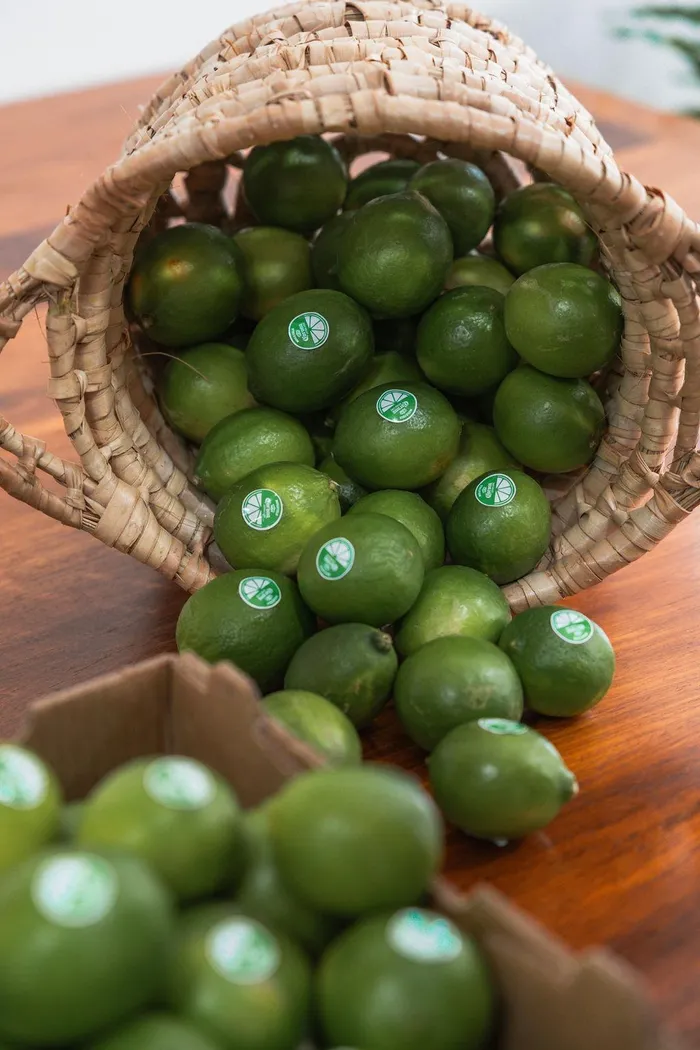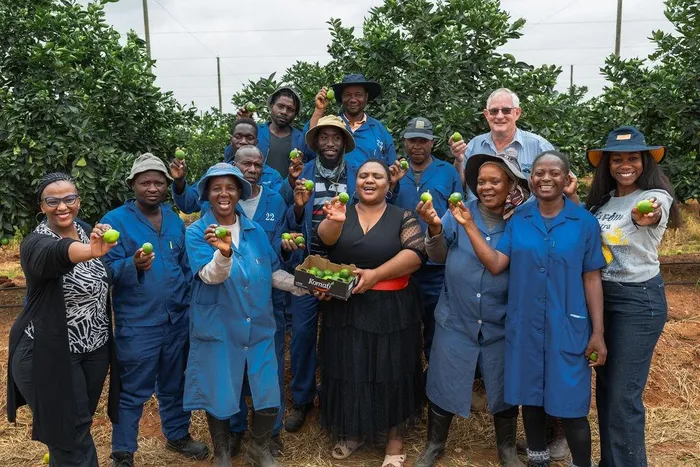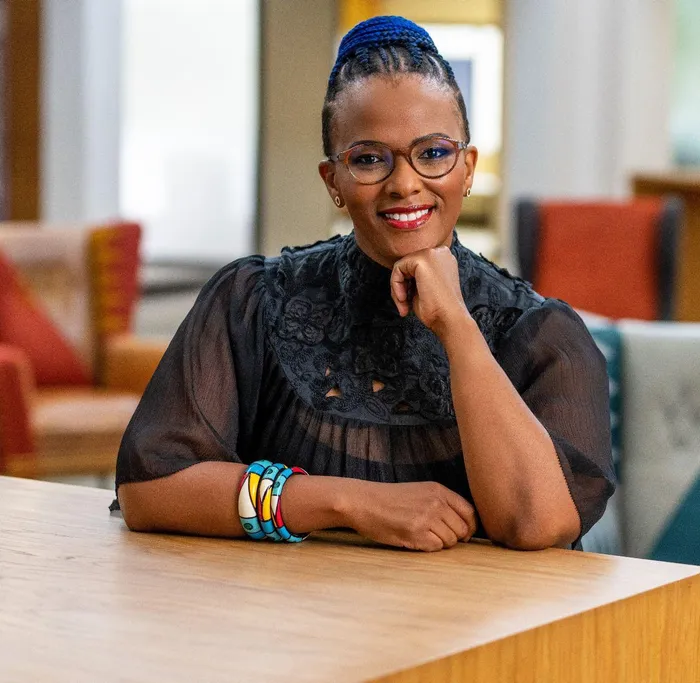How a lime shortage sparked an agricultural breakthrough in Limpopo
INVESTMENT

The Moletele Community and Komati Fruit Group in Hoedspruit, Limpopo supplies lime to serve the Corona brand for South African Breweries.
Image: Supplied
By Zoleka Lisa
A year ago, we told a story that started with a lime and ended in hope. A national lime shortage had threatened the iconic ritual that completes a Corona beer — that perfect wedge balancing on the rim of a bottle. But at SAB, we saw an opportunity. Not just to secure a supply chain, but to plant something far deeper: the seeds of inclusive agricultural growth in one of South Africa’s rural communities.
Fast forward 12 months, and the Moletele Corona Limes Project is no longer a bet —it’s a proven blueprint.
In 2018, we began working with the Moletele Community and Komati Fruit Group in Hoedspruit, Limpopo. Our goal was to build a sustainable, local lime supply to serve the Corona brand. At the same time we wanted to unlock jobs, transfer skills and create much needed income, in an area rich with land and potential, but short on investment.
Far from a once-off CSI campaign, this was a deliberate, long-term localisation effort that was grounded in trust, rooted in community, and driven by shared value. And westayed the course.
The Numbers Tell One Story
In 2024 alone, the project delivered:
- 2.5 million limes harvested, more than double 2023’s output
- A 53-tonne increase in yield year-on-year
- R5 million in revenue, up from R3.8 million in 2023
- 98% of yield sold locally, stabilising South Africa’s supply chain
- Growth in permanent jobs from and seasonal jobs sustained
- Ongoing benefits to 1 615 Moletele families through land rental, with 55 households directly supported
Most impressively though, is that we did not need to plant a single additional hectare in 2024. Instead, we focused on doing better, not just doing more. Operational excellence met community ownership, and the results speak volumes.
The People Tell Another
For Ruben Koekemoer, Komati Group’s production manager, this past season wastransformational:
“Over the past year, the limes project was a very good experience and learning phase. We did our first pruning with our own people working there as well as the irrigation setup and fertilizer setup. Everyone was involved and learned new things and new methods to improve the limes. With starting up this season, we are all working together and making decisions together to wake up the trees and set the new fruits that we will first harvest in week 27. We are looking forward to new growth and new opportunity that will come this 2025 season, and we believe it will the best season so far. We want to thank everyone that is involved with the project and are looking forward to the many years to come working together as one unit.” – Ruben Koekemoer, production manager – Komati Group.
And for Pontsho Mathebula, a Moletele community member turned team leader:
“Over the past few years working at limes, I've gained so much experience working together with my leaders and my colleagues. We also did our first pruning, which was great experience, and production was great. No crop loss which means our project is growing and our jobs are safe. We also managed to hire 10 temporary workers, that means 10 families are going to be fed and that's awesome. I'm looking forward to the project's growth and improvement so we can hire more people. l would like to thank everyone who is in involved in this project, please keep doing the good things that you are doing. We appreciate you. From me and my colleagues, we thank you guys.” - Pontsho Mathebula, team leader Komati Group and member of the Moletele community.

The Moletele Community and Komati Fruit Group in Hoedspruit, Limpopo has unlocked jobs, transferred skills and created much needed income, in an area rich with land and potential, but short on investment. Workers were taken with former Minister of Agriculture, Thoko Didiza, during her visit to the farm.
Image: Supplied
A New Definition of Localisation
Too often in corporate South Africa, localisation means switching suppliers. We talk often in corporate South Africa about supply chain transformation — but how often are we building entirely new categories of production in overlooked rural areas? Rarely does it mean building entire categories of production where none existed before. This project flips that script. It’s not about compliance. It’s about contribution. Because in today’s South Africa, what we need is not just job creation —it’s economic inclusion that lasts. The kind that grows with the seasons and compounds over time. At SAB, we’ve always believed that beer is more than a beverage. It’s an engine for economic growth. And in Hoedspruit, a single lime is proving that belief right.
The Road Ahead
The Moletele model shows us that it can be done. With land. With trust. With the right partners. And with the patience to see the seasons through. We’re consistent because we know real change is not made in headlines — it’s made in harvests. And yet, we hope this story continues to spark the kind of public imagination South Africa needs right now: how many more sectors have the seeds of inclusive growth just waiting to be planted? The future of farming doesn’t lie only in hectares — it lies in shared value. From a premium beer brand’s ritual to the heart of rural development, a single lime has become a symbol of what’s possible when business thinks beyond profit and places purpose at the centre of growth. And so, as we reflect on the journey of the past year, we remain clear-eyed about the years ahead: this isn’t a once-off. This is a blueprint. From Hoedspruit to the world.
Because sometimes, a wedge of lime isn’t just a garnish — it’s a game-changer.

Zoleka Lisa is the vice president for corporate affairs at the South African Breweries (SAB).
Image: Supplied
Zoleka Lisa is the vice president for corporate affairs at the South African Breweries (SAB).
** The views expressed do not necessarily reflect the views of IOL or Independent Media.
BUSINESS REPORT